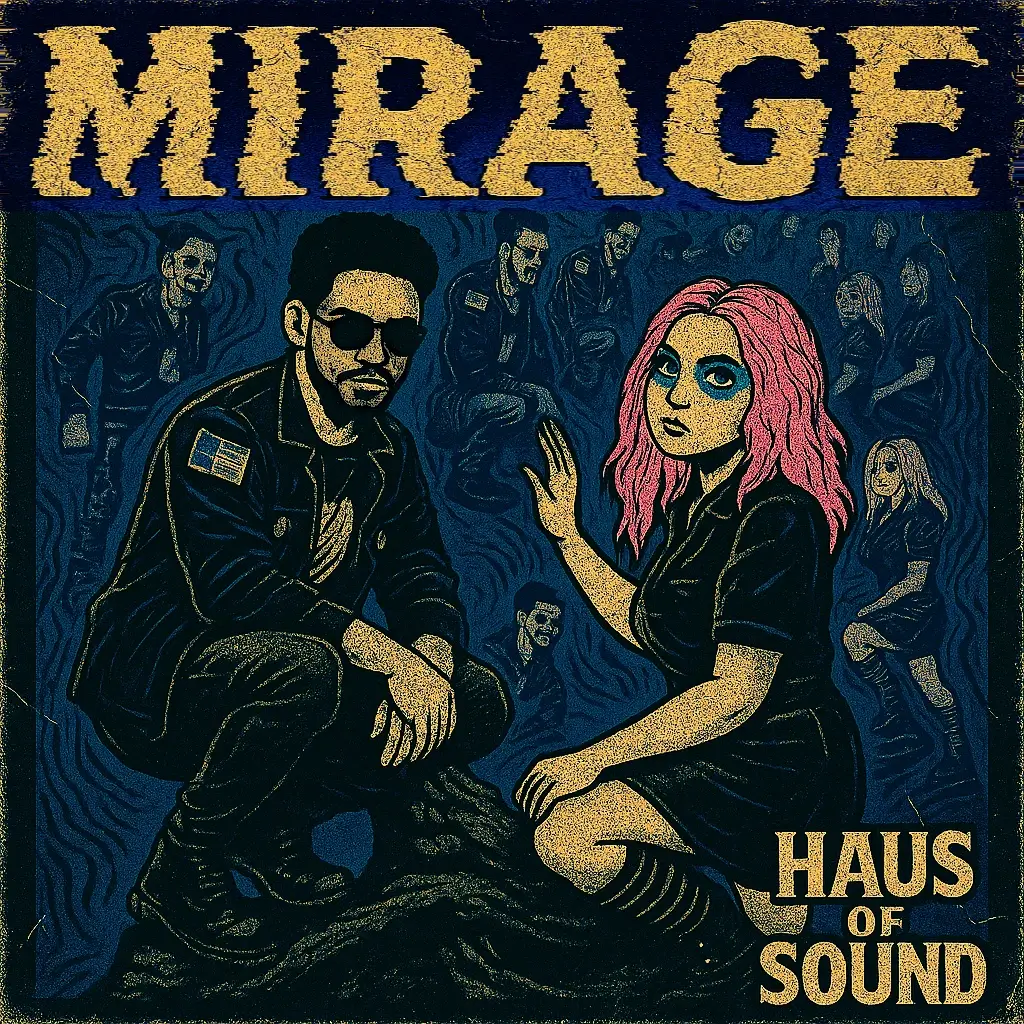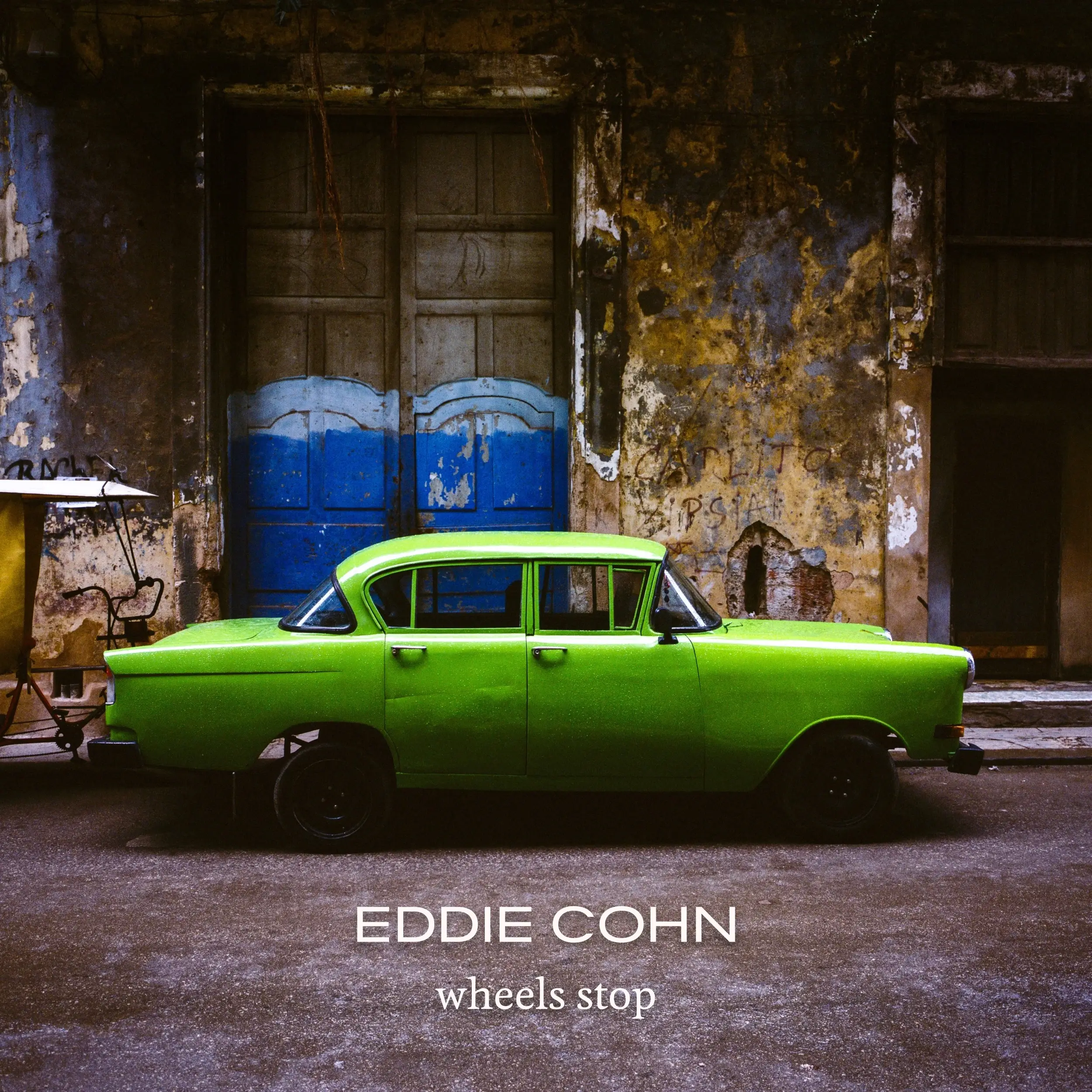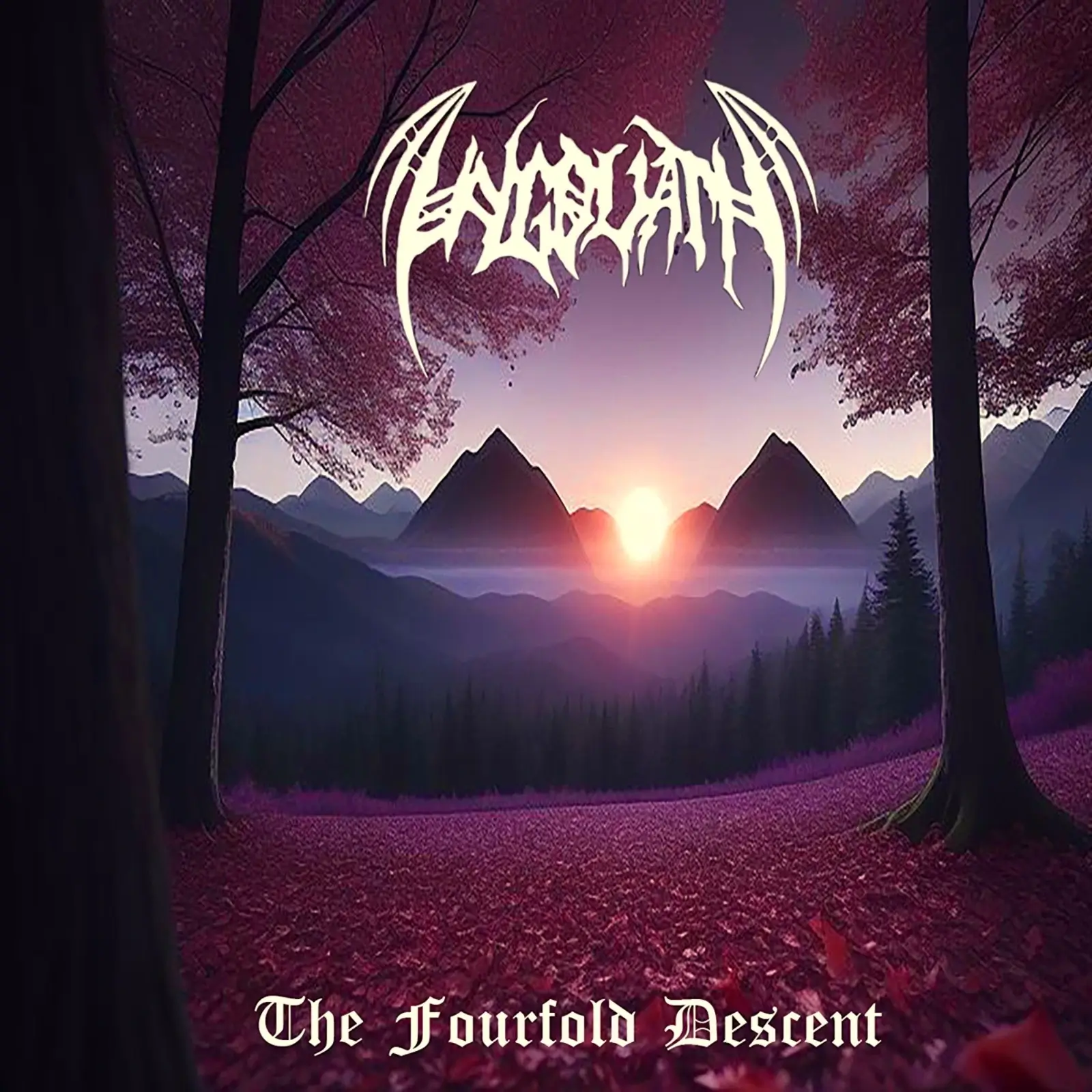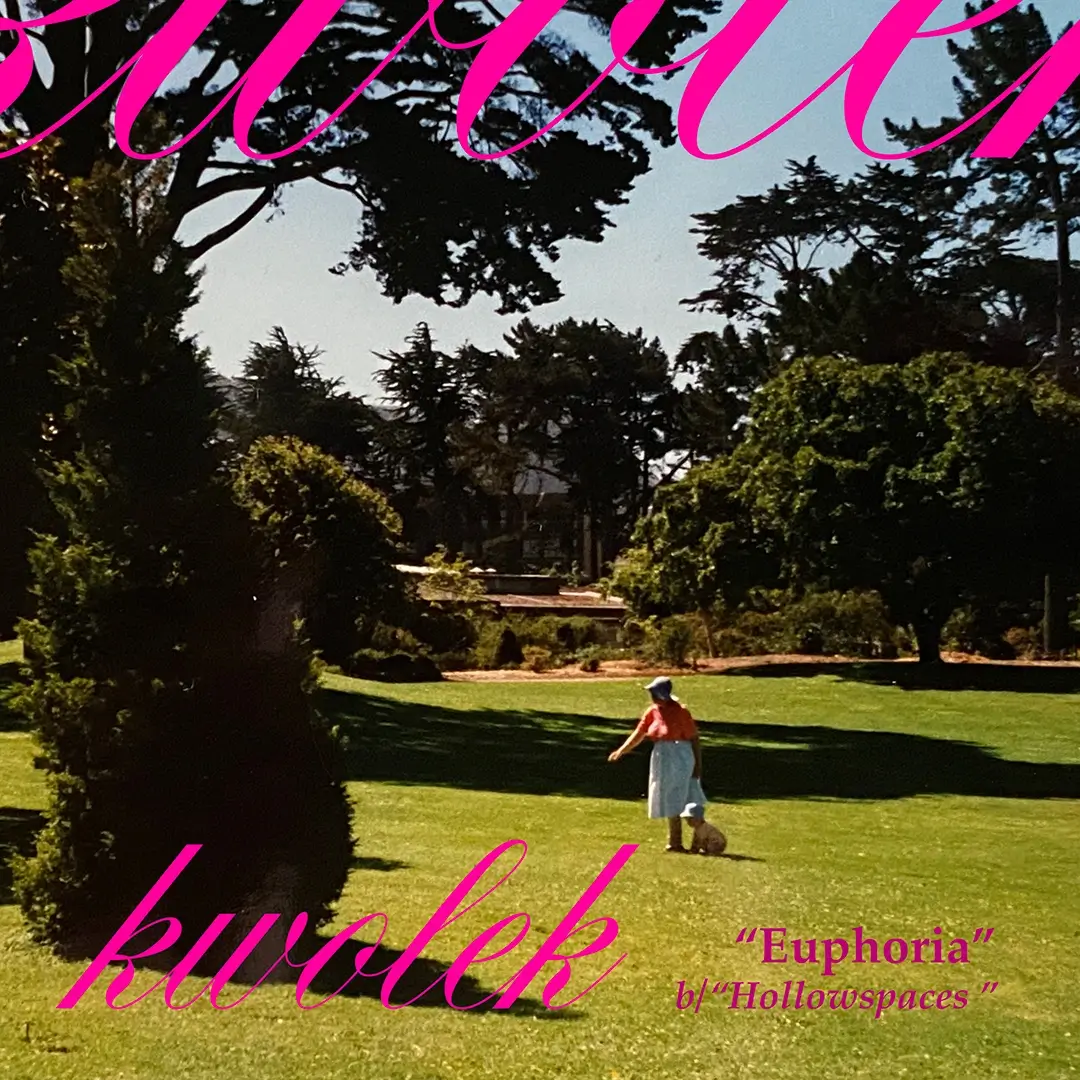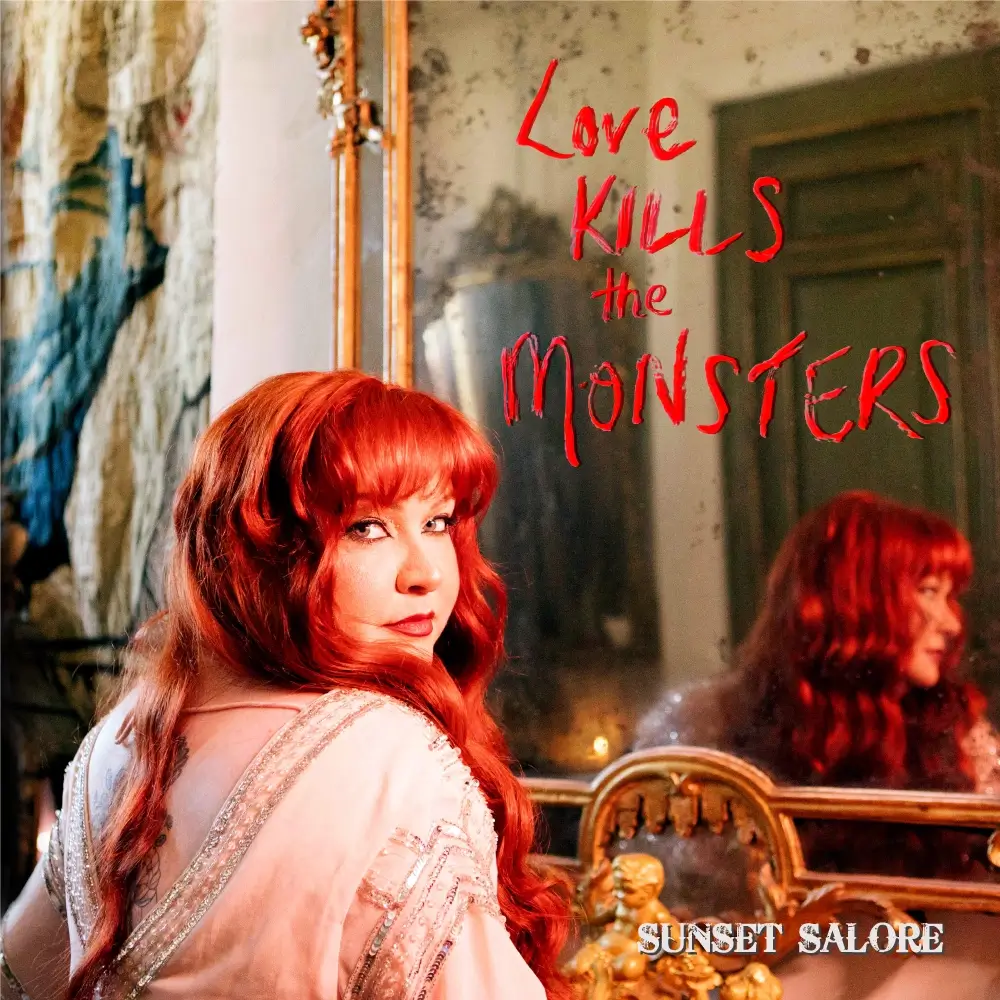Most albums about love fall into one of two categories: euphoric escapism or breakup therapy. Shara Strand’s Love Forever doesn’t belong to either. Instead, it operates more like a memoir written in stereo; a multi-chapter reflection on the terrifying, exhilarating, and often contradictory experience of trying to love in a world that gives you a hundred reasons not to. Recorded at NYC’s Engine Room Audio, Love Forever unfolds like a spiritual survival guide disguised as a pop record. And it works, not because it has answers, but because it dares to ask the right questions.
Across 13 tracks, Strand doesn’t just talk about love. Rather, she maps it. From the familial grounding of “I Will Be Here” to the sensual self-assurance of “My Green Light” to the fragile longing of “Desperado,” this is an album obsessed with the emotional math we do just to keep going. Who do we give ourselves to? What do we get back? And how do we make peace with the gap between the two? These are songs about what happens when we try to love well, fail, and try again anyway.

That’s part of what makes Love Forever so compelling: it treats emotional complexity not as a problem to be fixed, but as a landscape to move through slowly. In a culture that often rewards detachment, Shara Strand chooses presence. There’s no protective shield of irony here. No lyrical sleight of hand. No arch knowingness to let you off the hook. Instead, you get something far braver: an artist willing to be painfully sincere, to sit in the mess, and through clarity, vulnerability, and solid craft, transform it into something you actually want to carry with you.
Strand’s voice becomes the central thread. It doesn’t posture; it doesn’t beg. It simply holds the moment, even when that moment feels too raw to touch. It’s the kind of delivery that doesn’t need to impress you to be unforgettable. Because it’s not about perfection. It’s about presence.
The production, meanwhile, knows exactly when to lean in and when to step back. It’s clean, layered, and often cinematic; but crucially, it doesn’t smother the feeling with polish. Instead of chasing some big emotional payoff through sheer volume or overproduction, the album builds its peaks the hard way: through patience, tension, and real emotional pacing. When a chorus hits, it hits because it means something, not because someone punched up the bassline or added a gospel choir in post. Even the most radio-friendly songs never lose their center of gravity. You don’t feel sold to. You feel spoken to.
In a world addicted to detachment, Love Forever is defiantly earnest. And that makes it feel radical. Not in a flashy way. Not in the “reinventing pop music” sense. But in the way it insists that tenderness is still worth making art about. That love is still worth taking seriously. This is not an album that flinches. It wades directly into joy, loss, confusion, hope, and fear, and it doesn’t ask you to choose just one.
Instead, Strand gives you the whole picture. The love you offer even when it’s not returned. The forgiveness you extend to someone who didn’t ask. The self-worth you piece together from scraps. The ache of waiting for something to come back and the quiet realization that you might not need it to. This is music that remembers what it felt like to want more from life; and it makes space for that longing.
So if you’re tired of having to be cool all the time (or more accurately, if you’re done pretending not to care), Love Forever is your invitation to feel everything. No edits. No filters. Just the wide, complicated mess of being human. Put the album on. Sit with it. Let it remind you that even now, even here, love is still possible. Still terrifying. Still holy.
Follow Shara Strand
About the Author

A tenured media critic known working as a ghost writer, freelance critic for various publications around the world, the former lead writer of review blogspace Atop The Treehouse and content creator for Manila Bulletin.



